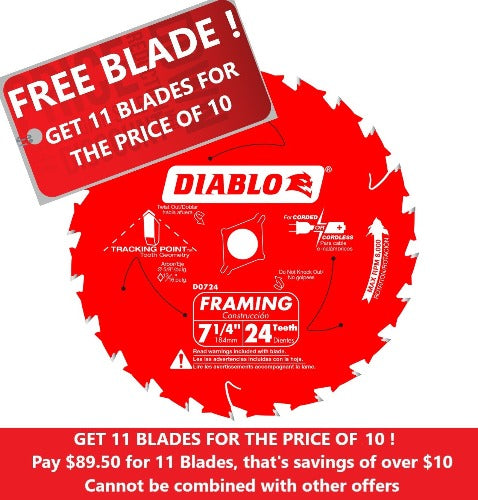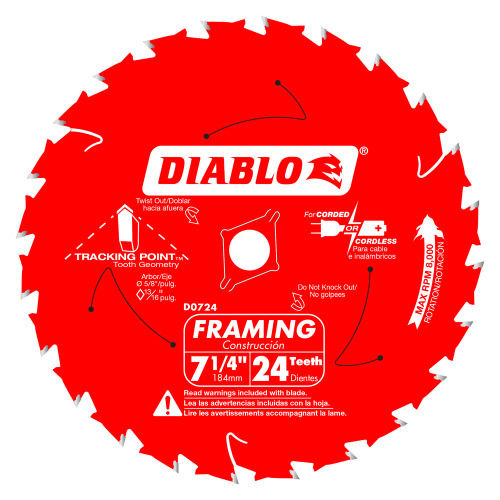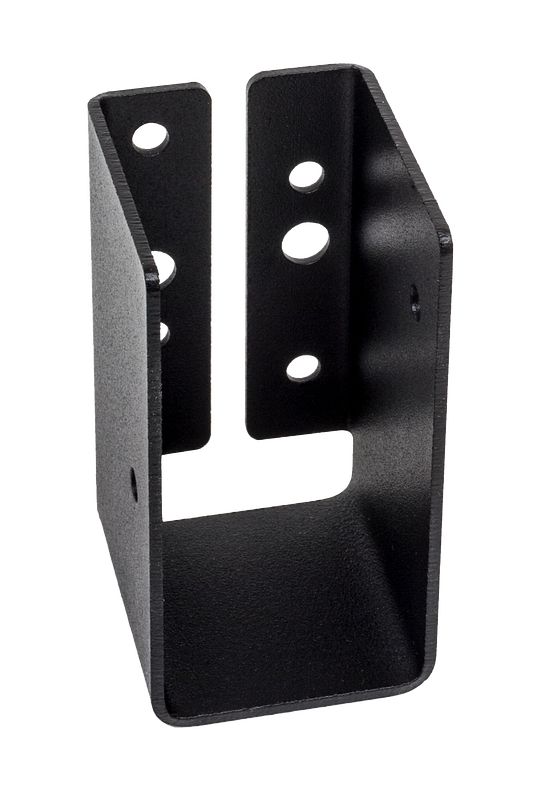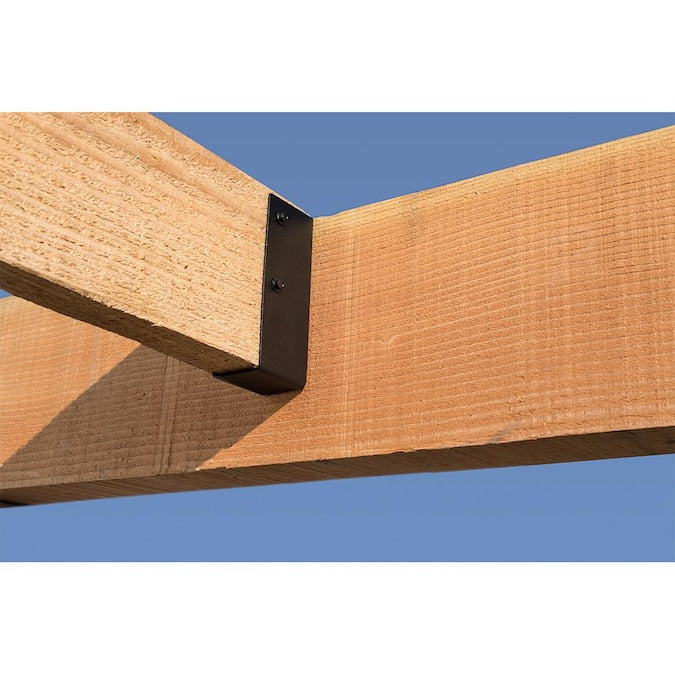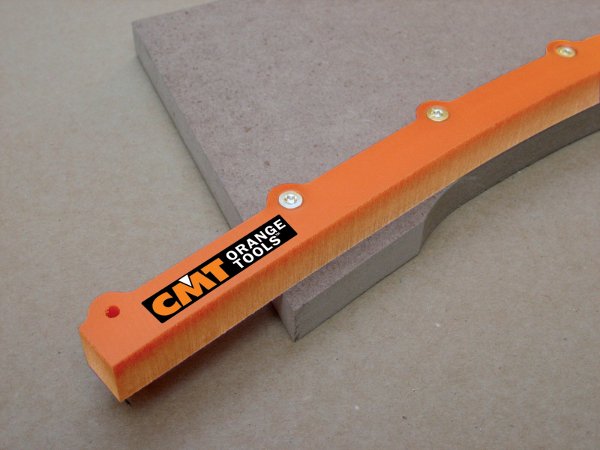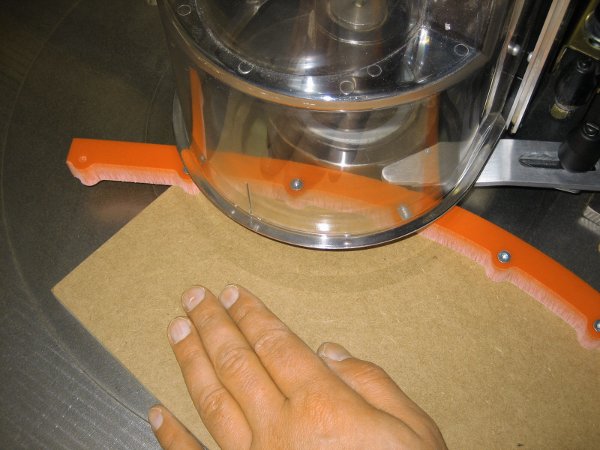Anchor bolts are an essential component of many construction projects, providing a secure and stable connection between a load-bearing structure and its foundation. However, there are various types of anchor bolts available, each designed for different functions and applications. In this post, we will explore ten different anchor bolts and their functions in detail.
Cast-in-Place Anchor Bolts
Cast-in-place anchor bolts are one of the most common types of anchor bolts used in construction projects. As the name suggests, these bolts are installed during the concrete pouring process and are designed to provide a permanent anchorage point. Cast-in-place anchor bolts are typically made of high-strength steel and come in various sizes and shapes depending on the load requirements of the structure.
Mechanical Anchor Bolts
Mechanical anchor bolts are another common type of anchor bolt, which are installed after the concrete has cured. These bolts are designed to provide a secure anchorage point in situations where it is not possible to use cast-in-place anchor bolts. Mechanical anchor bolts come in various types, including expansion bolts, wedge anchors, and sleeve anchors.
Expansion Bolts
Expansion bolts, also known as wedge anchors, are mechanical anchor bolts that are designed to expand as the bolt is tightened. This expansion creates a secure anchorage point in the concrete or masonry. Expansion bolts are commonly used in retrofitting projects or when installing equipment on existing concrete surfaces.
Wedge Anchors
Wedge anchors are another type of mechanical anchor bolt that is designed to expand as the bolt is tightened. They are commonly used in the construction of metal buildings and other structures that require a high level of stability and support. Wedge anchors come in various materials, including stainless steel and zinc-plated steel.
Sleeve Anchors
Sleeve anchors are a type of mechanical anchor bolt that is designed to expand as the bolt is tightened. They are commonly used in situations where it is not possible to use cast-in-place anchor bolts, such as in retrofitting projects or when installing equipment on existing concrete surfaces. Sleeve anchors come in various materials, including steel and stainless steel.
Adhesive Anchor Bolts
Adhesive anchor bolts are a type of anchor bolt that uses an adhesive to bond the bolt to the concrete or masonry. They are commonly used in situations where it is not possible to use mechanical anchor bolts or cast-in-place anchor bolts. Adhesive anchor bolts come in various materials, including epoxy and acrylic.
Screw Anchors
Screw anchors are a type of mechanical anchor bolt that is designed to be inserted into a pre-drilled hole in the concrete or masonry. The screw anchor is then tightened, creating a secure anchorage point. Screw anchors are commonly used in light-duty applications, such as securing shelves or other light fixtures.
Drop-in Anchors
Drop-in anchors are a type of mechanical anchor bolt that is installed in a pre-drilled hole in the concrete or masonry. The anchor is then dropped into the hole, and a setting tool is used to expand the anchor, creating a secure anchorage point. Drop-in anchors are commonly used in applications where a flush-mounted anchorage point is required.
Chemical Anchor Bolts
Chemical anchor bolts are a type of anchor bolt that uses a chemical adhesive to bond the bolt to the concrete or masonry. These anchor bolts are commonly used in heavy-duty applications, such as securing large pieces of equipment or machinery.
Screw Bolt Anchors
Screw bolt anchors are a type of mechanical anchor bolt that is designed to be installed in a pre-drilled hole in the concrete or masonry. The anchor is then tightened, creating a secure anchorage point. Screw bolt anchors are commonly used in medium-duty applications, such as securing handrails or other light structural components.
There are many different types of anchor bolts available, each designed for different functions and applications. Whether you are constructing a new building, retrofitting an existing structure, or installing equipment or machinery, choosing the right type of anchor bolt is crucial for ensuring the safety, stability, and durability of the structure. By understanding the different types of anchor bolts and their functions, you can select the best option for your specific construction project.
